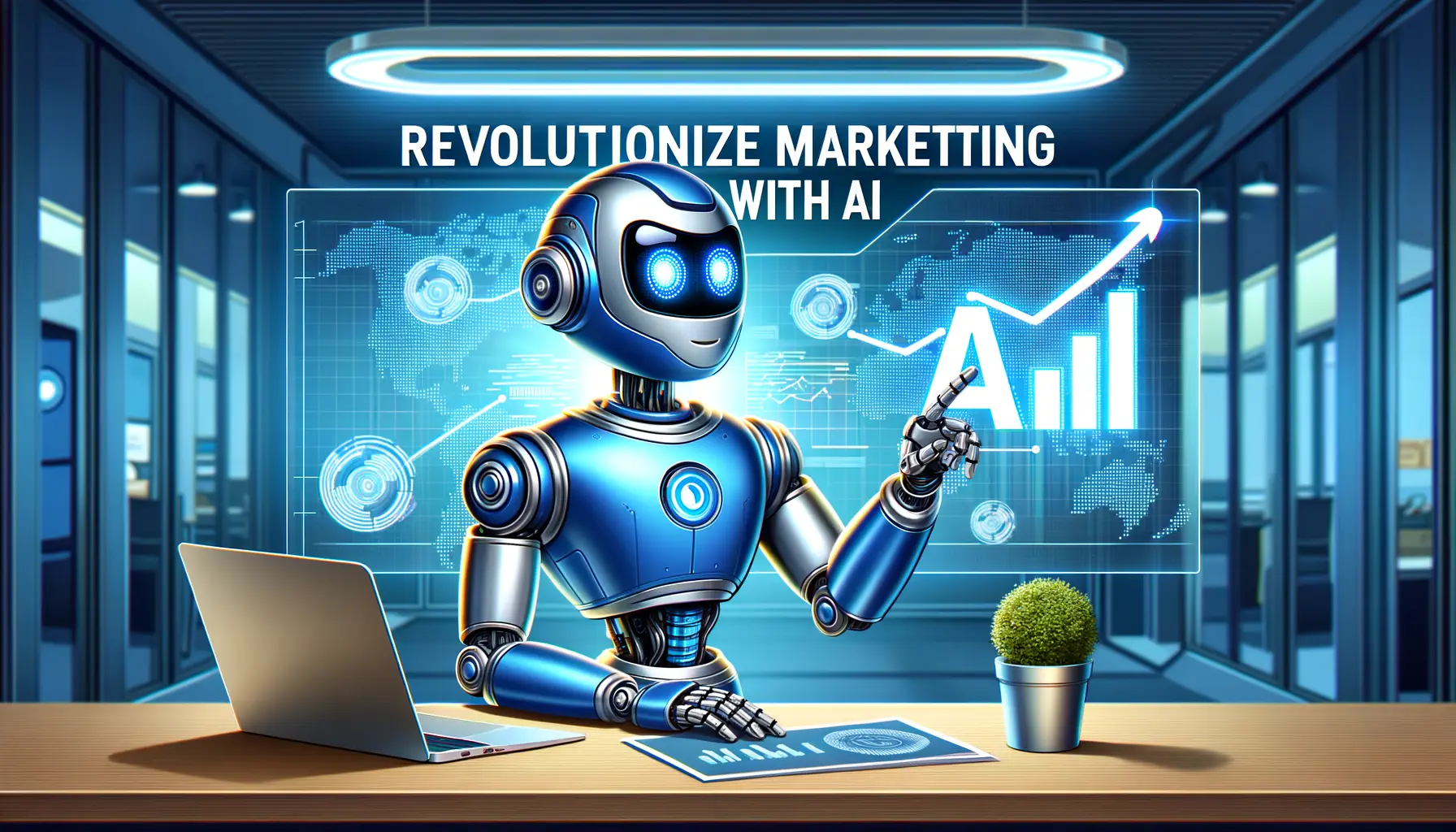Outline:
-
Introduction
-
AI in Marketing Overview
-
Definition of AI in Marketing
-
Benefits of AI in Marketing
-
-
AI Tools for Marketing
-
AI-Powered Analytics
-
Chatbots and Customer Service
-
Personalization and Targeting
-
-
Challenges of AI in Marketing
-
Future of AI in Marketing
-
Conclusion
AI in Marketing: How Artificial Intelligence is Transforming Marketing Strategies
Artificial Intelligence (AI) has revolutionized various industries, and marketing is no exception. In this article, we will explore how AI is transforming marketing strategies and helping businesses reach their target audience more effectively.
AI in Marketing Overview
AI in marketing refers to the use of artificial intelligence technologies to analyze consumer behavior, predict trends, and automate marketing processes. The benefits of AI in marketing are numerous, including improved targeting, personalized messaging, and enhanced customer experiences.
Definition of AI in Marketing
AI in marketing involves the use of machine learning algorithms and data analysis to optimize marketing campaigns and improve ROI. By leveraging AI, marketers can gain valuable insights into consumer preferences and behavior, allowing them to tailor their marketing efforts accordingly.
Benefits of AI in Marketing
Some of the key benefits of AI in marketing include increased efficiency, better decision-making, and improved customer engagement. AI-powered tools can help marketers identify new opportunities, automate repetitive tasks, and deliver personalized experiences to customers.
AI Tools for Marketing
There are several AI tools available to marketers that can help streamline their marketing efforts and drive better results.
AI-Powered Analytics
AI-powered analytics tools can analyze vast amounts of data in real-time, providing valuable insights into consumer behavior and market trends. By leveraging these tools, marketers can make data-driven decisions and optimize their marketing strategies for maximum impact.
Chatbots and Customer Service
Chatbots powered by AI technology can provide instant customer support and assistance, improving customer satisfaction and retention. These chatbots can answer customer queries, recommend products, and even process transactions, enhancing the overall customer experience.
Personalization and Targeting
AI-driven personalization tools can help marketers create tailored content and offers for individual customers, increasing engagement and conversions. By analyzing customer data and behavior, AI can deliver targeted messages at the right time and through the right channel, maximizing marketing effectiveness.
Challenges of AI in Marketing
While AI offers numerous benefits for marketers, there are also challenges that need to be addressed. These include data privacy concerns, algorithm bias, and the need for skilled professionals to manage AI tools effectively.
Future of AI in Marketing
The future of AI in marketing looks promising, with advancements in machine learning and data analytics driving innovation in the industry. Marketers who embrace AI technologies and incorporate them into their strategies are likely to stay ahead of the competition and achieve greater success in reaching their target audience.
Conclusion
Artificial Intelligence is transforming marketing strategies by enabling marketers to analyze data, personalize content, and engage with customers more effectively. As AI continues to evolve, businesses that harness its power are poised to gain a competitive edge in the ever-changing marketing landscape.
FAQs
- 1. How does AI help in improving customer targeting?
AI analyzes customer data to identify patterns and preferences, allowing marketers to create targeted campaigns. - 2. What are some popular AI tools for marketing automation?
Tools like Marketo, HubSpot, and Salesforce Einstein offer AI-powered features for automating marketing tasks. - 3. How can AI enhance customer service through chatbots?
AI-powered chatbots can provide instant responses to customer queries, improving response times and customer satisfaction. - 4. What are the main challenges of implementing AI in marketing?
Challenges include data privacy concerns, algorithm bias, and the need for skilled professionals to manage AI tools effectively. - 5. What is the future outlook for AI in marketing?
The future of AI in marketing is promising, with advancements in machine learning and data analytics driving innovation and efficiency in marketing strategies.











